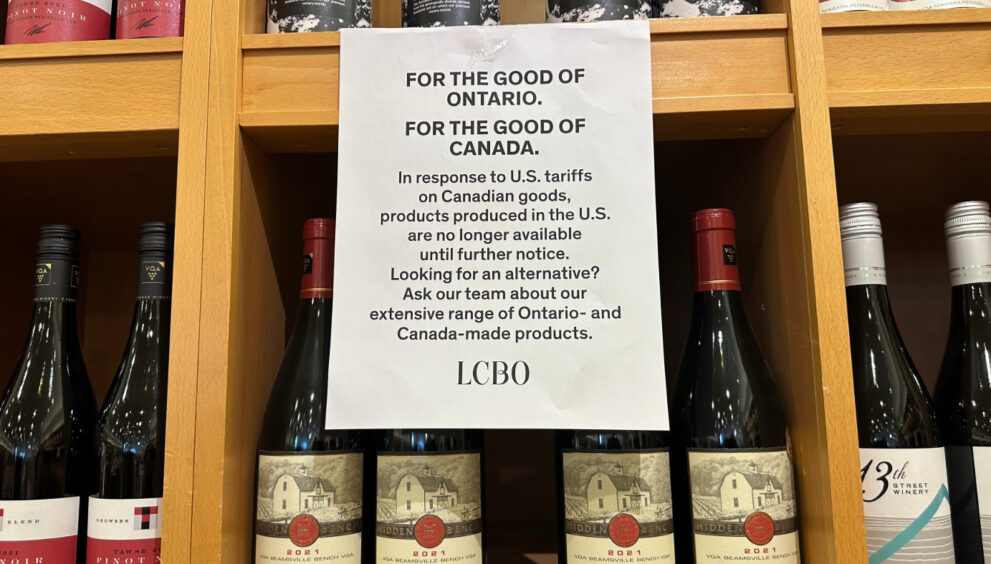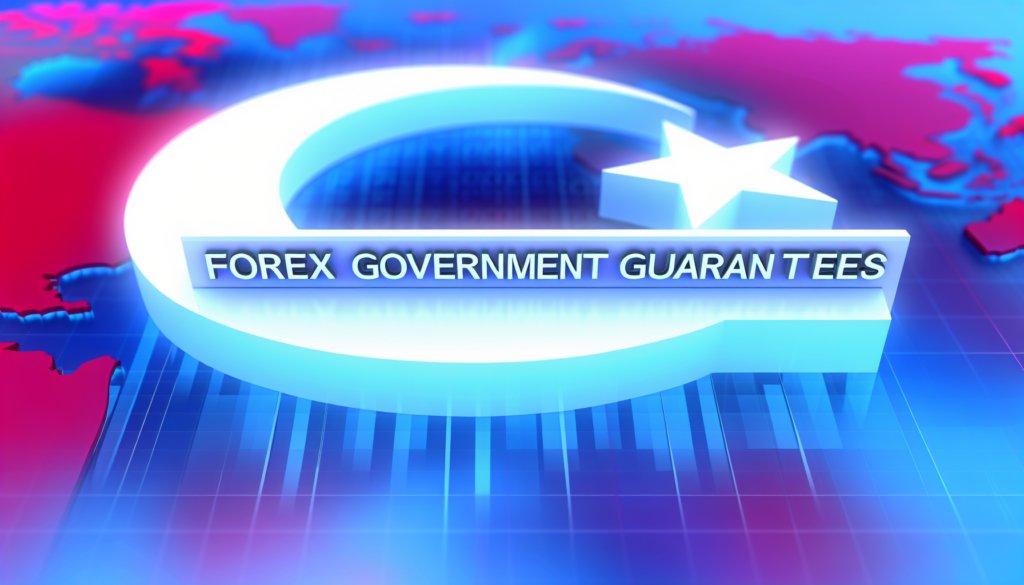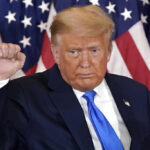Strategies for Legally Contesting Tariffs Imposed by Trump on Canada and Mexico

President Trump’s implementation of tariffs on Canada and Mexico, citing reasons such as fentanyl and illegal immigration, poses a challenge that should be legally contested. Some believe that courts may show deference towards the extensive powers granted to the executive under the International Emergency Economic Powers Act.
However, a critical aspect overlooked is that Trump’s executive order includes a provision for escalating tariffs against Canada and Mexico in response to any retaliation from these countries. This retaliatory action aimed at creating a trade war rather than resolving a national emergency makes it difficult to align with the intent of the International Emergency Economic Powers Act.
Focusing on a more specific argument related to the escalation mechanism, instead of questioning the legitimacy of imposing tariffs under the act, could prove to be a more feasible approach. This strategy is likely to yield similar outcomes while raising broader questions about the existing legislation.
There is a growing chorus calling for the challenge of Trump’s tariffs under the International Emergency Economic Powers Act. Recent support for this case was demonstrated by an editorial in the Wall Street Journal, reflecting a widespread sentiment.
While the novelty and possible illegality of Trump’s tariffs are apparent, the ambiguous nature of the legislation and the absence of any court rulings against a national emergency declaration under the act contribute to the reluctance of potential plaintiffs. A direct focus on the escalation mechanism bypasses these challenges by emphasizing that provoking tariff reprisals from Canada and Mexico has little relevance to issues like fentanyl or illegal immigration, and is primarily about engaging in a trade war.
Similar arguments are being presented before the U.S. Court of Appeals for the Federal Circuit, a case which might eventually reach the Supreme Court. Interestingly, this case relates to Trump’s imposition of Section 301 tariffs on China during his first term.
In a separate incident back in 2020, a U.S. vinyl tile manufacturer challenged the Section 301 tariffs and sought a refund through the U.S. Court of International Trade. While the court acknowledged the nature of China’s retaliation linked to the third and fourth rounds of tariffs, it highlighted the need for a clearer connection between these actions and initial trade policies.
Addressing the issue of tariffs under the International Emergency Economic Powers Act remains a complex task, particularly given the uncontrolled nature of escalation mechanisms within Trump’s executive order. Courts may need to find fault with these provisions without generalizing that tariffs cannot be implemented under the act.
While legal actions are important, long-term solutions will require legislative intervention. Congress must play a proactive role in restraining the potential misuse of the International Emergency Economic Powers Act. The implementation of safeguards such as the Protecting Americans from Tax Hikes on Imported Goods Act of 2025 signals a positive step forward.
Until Congress takes necessary steps to limit tariff powers, courts will continue to play a crucial role in preventing unbridled trade wars by curbing unrestricted executive authority. Marc L. Busch, occupying the Karl F. Landegger Professorship of International Business Diplomacy at Georgetown University’s Walsh School of Foreign Service, emphasizes the need for a balanced approach between legal challenges and legislative reforms.
























































































































































































































































































































































































































































































































































































































































































































































































































































































































































































































































































































































































































































































































































































































































































































































































































































































































































































































































































































































































































































































































































































































































































































































































































































































































































































































































































































































